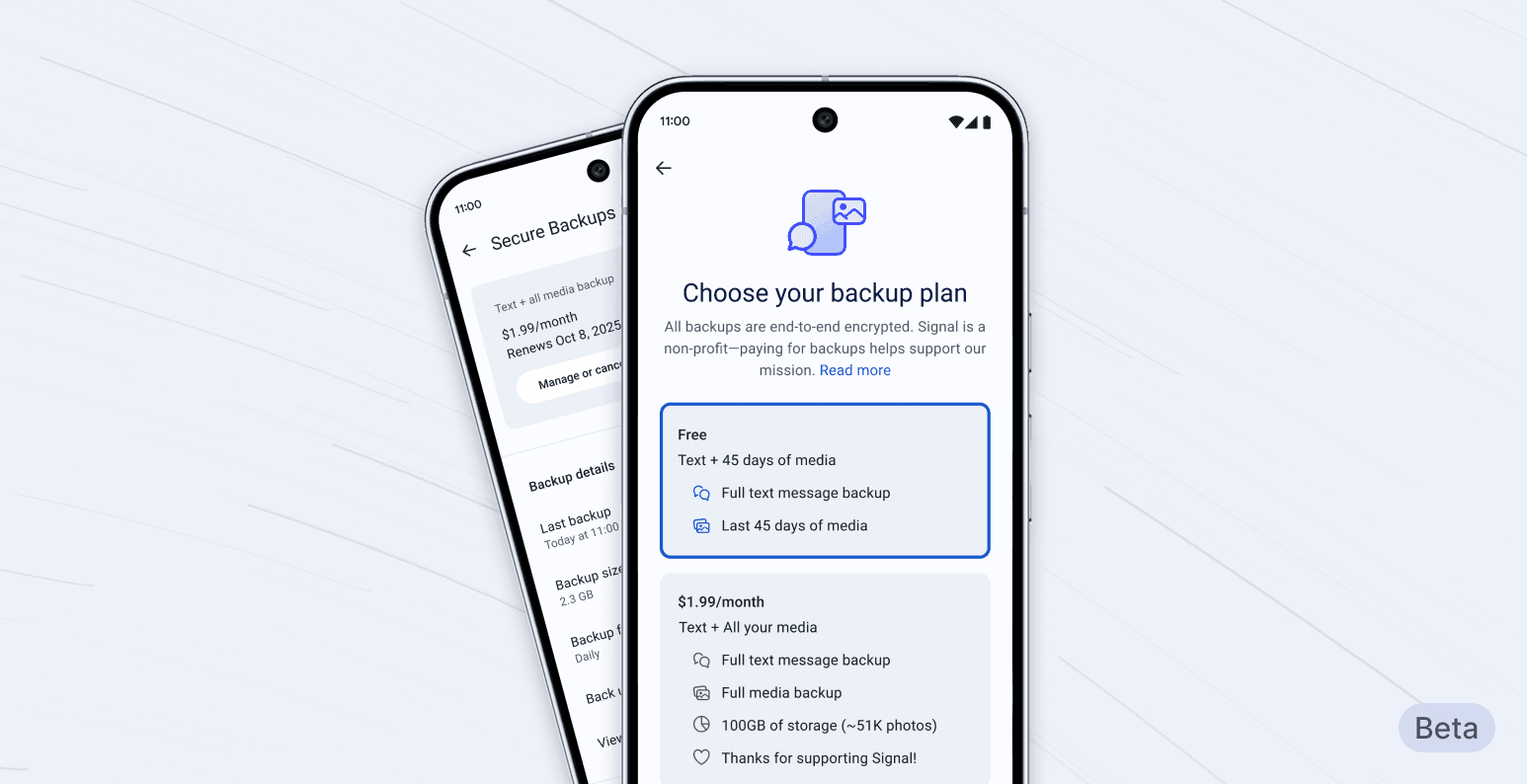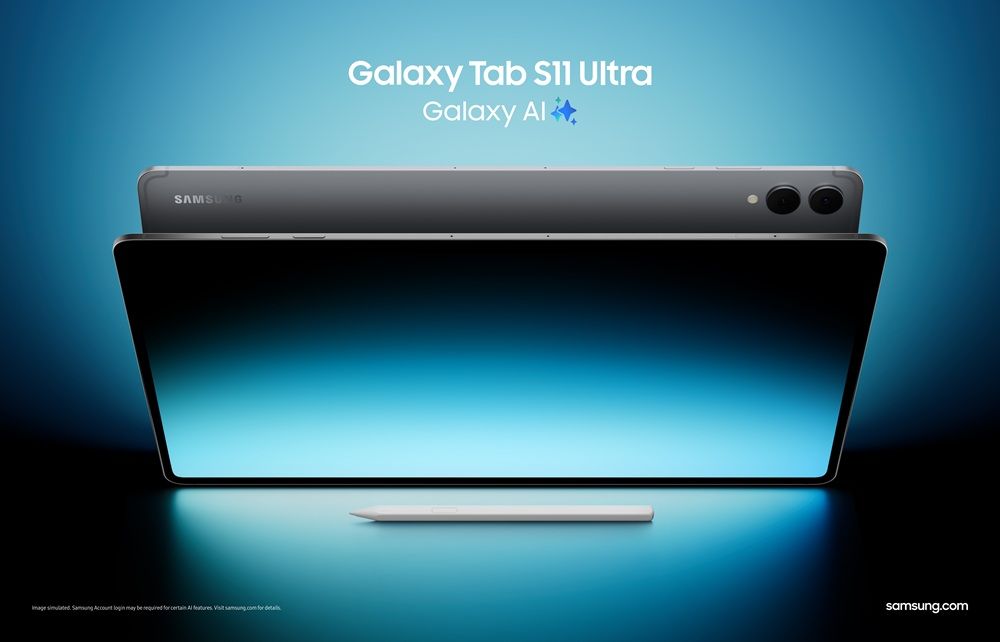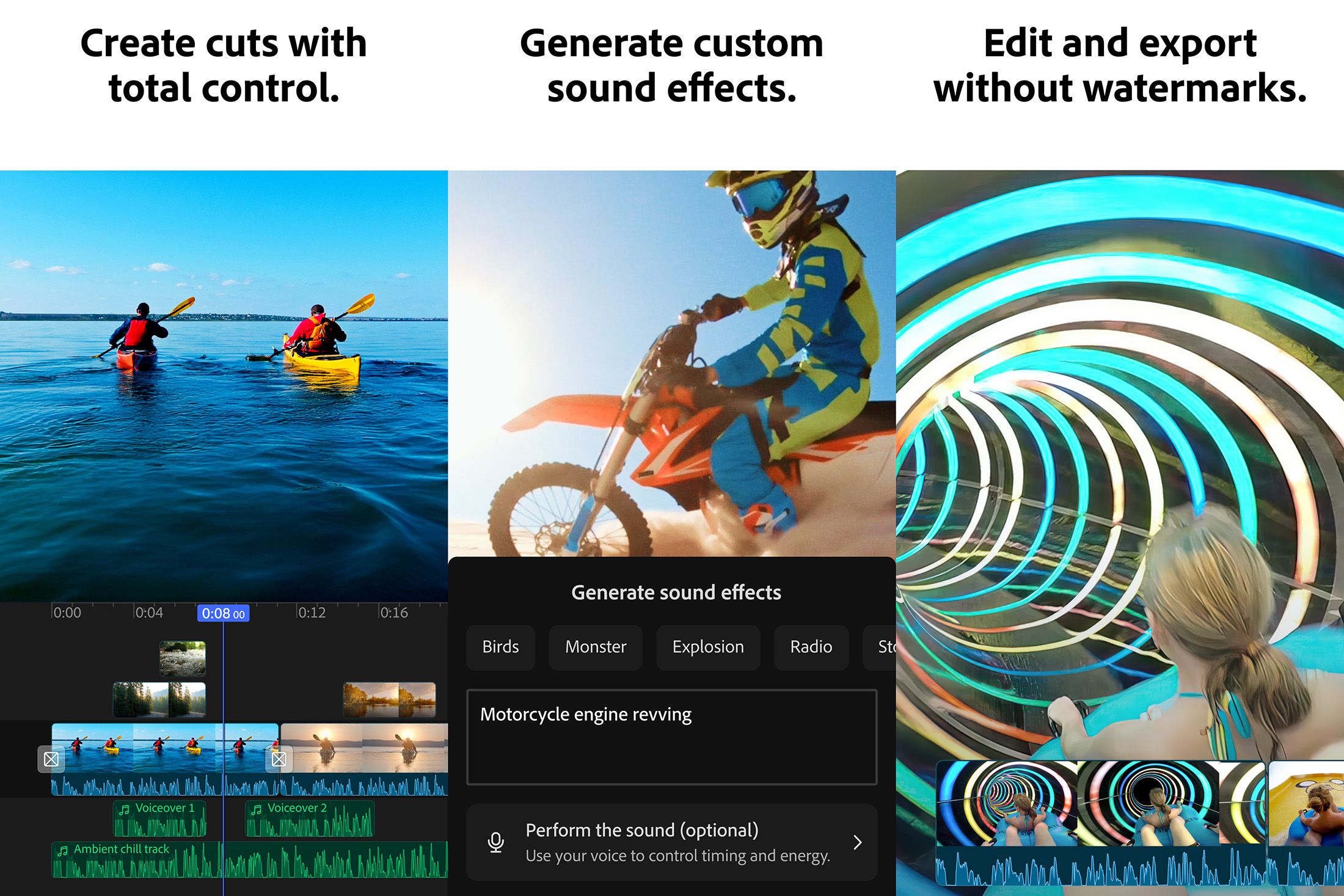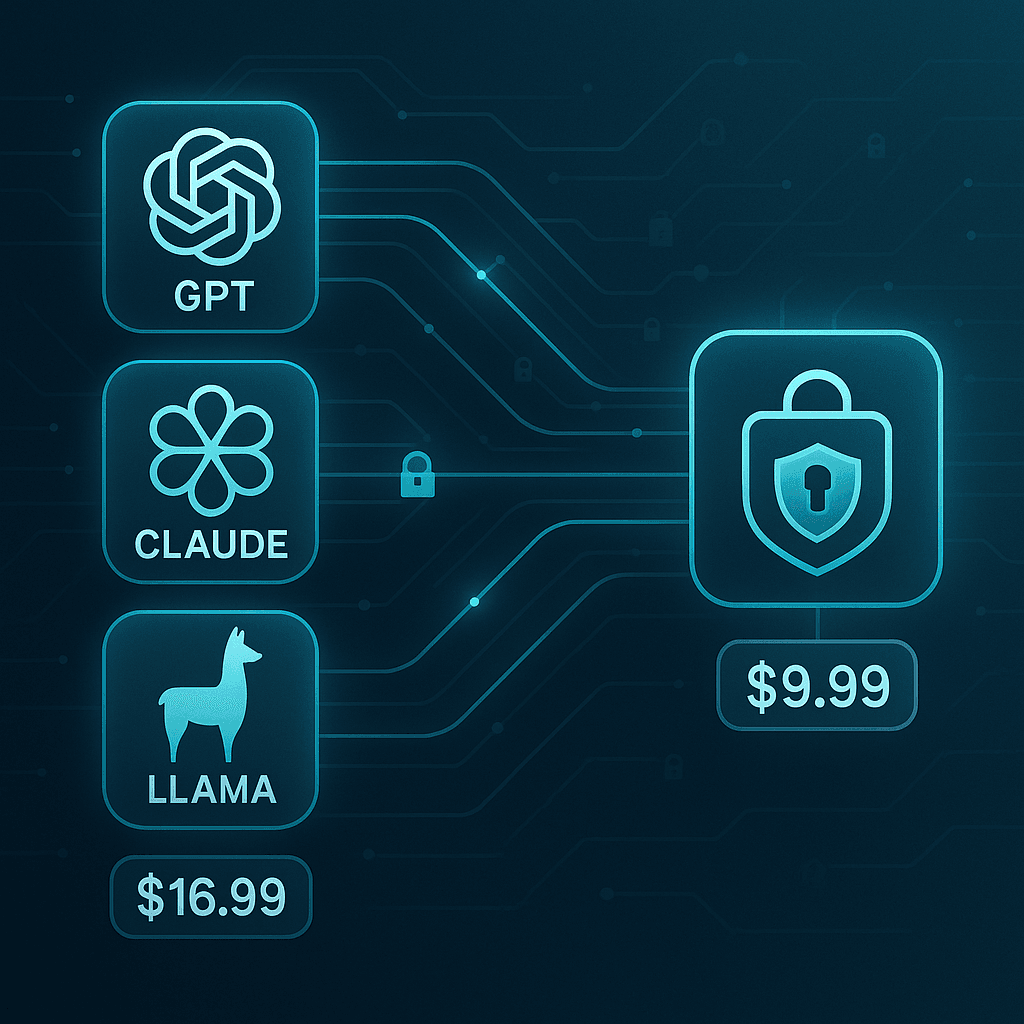Signal just crossed a major monetization milestone, launching its first paid feature—encrypted backups for $1.99 monthly. The privacy-focused messaging platform is betting users will pay to securely store their media and message history beyond the free 45-day limit, marking a pivotal shift from its donation-only model to sustainable subscription revenue.
Signal is making its biggest business model bet yet. The encrypted messaging app that built its reputation on refusing to monetize user data just launched its first paid subscription—secure backups for $1.99 per month that store your media and message history indefinitely. The move represents a watershed moment for the nonprofit messaging platform as it searches for sustainable funding beyond donations. "Media requires a lot of storage, and storing and transferring large amounts of data is expensive," Signal VP of engineering Jim O'Leary explained in the company's announcement. "As a nonprofit that refuses to collect or sell your data, Signal needs to cover those costs differently than other tech organizations that offer similar products but support themselves by selling ads and monetizing data." The subscription tier addresses one of Signal's longest-standing user complaints—the inability to reliably backup and restore message history when switching devices. Unlike WhatsApp's cloud backups or Telegram's sync features, Signal's approach maintains its zero-knowledge architecture. The backup archives are "stored without a direct link to a specific backup payment or Signal user account," according to O'Leary, with users controlling their own recovery keys. Signal isn't abandoning its free model entirely. The company is simultaneously launching free secure backups that preserve media from the last 45 days, plus unlimited text message storage capped at 100MB—which O'Leary estimates will "be large enough for even heavy Signal users to back up the text of all of their messages." The technical implementation reveals Signal's commitment to its privacy principles. Your device generates daily backups automatically, but if you lose your recovery key, "the company cannot help you recover it," O'Leary warns. This zero-knowledge approach means Signal literally cannot access your backed-up data, even if law enforcement demands it. The timing couldn't be more critical for Signal's financial sustainability. While rivals like Discord and Slack built massive subscription businesses, Signal has relied primarily on donations and grants. The Signal Foundation received a $50 million boost from WhatsApp co-founder Brian Acton in 2018, but those funds won't last forever. Currently available in Signal's Android beta app, the backup feature represents just the beginning of Signal's monetization strategy. O'Leary confirmed that iOS and desktop support are "coming soon," with plans to eventually let users save backup archives "to the location of your choosing"—potentially including self-hosted storage solutions that could appeal to enterprise users. This subscription launch puts Signal in direct competition with established players in the secure communications market. has successfully monetized privacy-focused email with tiered subscriptions, while and other encrypted service providers have proven users will pay premium prices for guaranteed privacy. The real test will be whether Signal's fiercely loyal but price-sensitive user base embraces paid features. Signal has built its reputation on being completely free, attracting users fleeing surveillance capitalism on platforms like and standard SMS. Converting those privacy-conscious users into paying subscribers requires threading a delicate needle between sustainability and accessibility.












